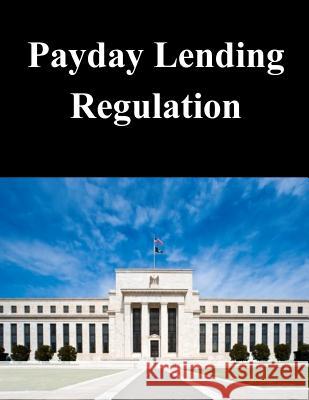Payday Lending Regulation » książka
Payday Lending Regulation
ISBN-13: 9781503283527 / Angielski / Miękka / 2014 / 40 str.
To date the debate over payday lending has focused on whether access to such lending is on net beneficial or harmful to consumer welfare. However, payday loans are not one product but many, and different forms of lending may have different welfare implications. The current diversity in payday lending stems from the diverse ways in which states have regulated the industry. This paper attempts to quantify the effects that various regulatory approaches have had on lending terms and usage. Using a novel institutional dataset of over 56 million payday loans, covering 26 states for nearly 6 years, I find that price caps tend to be strictly binding, size caps tend to be less binding, and prohibitions on simultaneous borrowing appear to have little effect on the total amount borrowed. Minimum loan terms affect loan length while maximum loan terms do not. Repeat borrowing appears to be negatively related to rollover prohibitions and cooling-off periods, as well as to higher price caps. Several states have used law changes to sharply cut their rate of repeat borrowing. However, this process has been disruptive, leading to lower lending volumes and, in at least one case, higher delinquency.
Zawartość książki może nie spełniać oczekiwań – reklamacje nie obejmują treści, która mogła nie być redakcyjnie ani merytorycznie opracowana.











